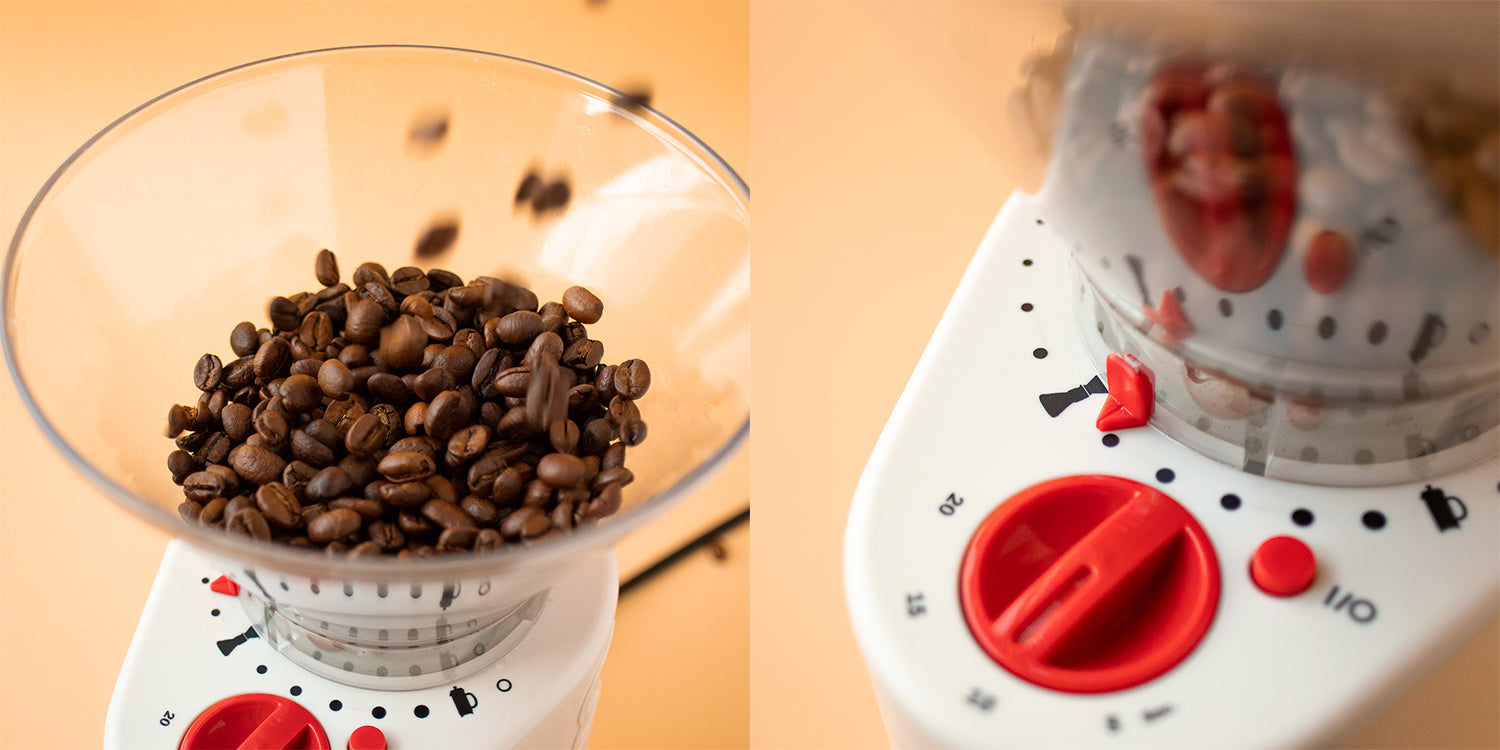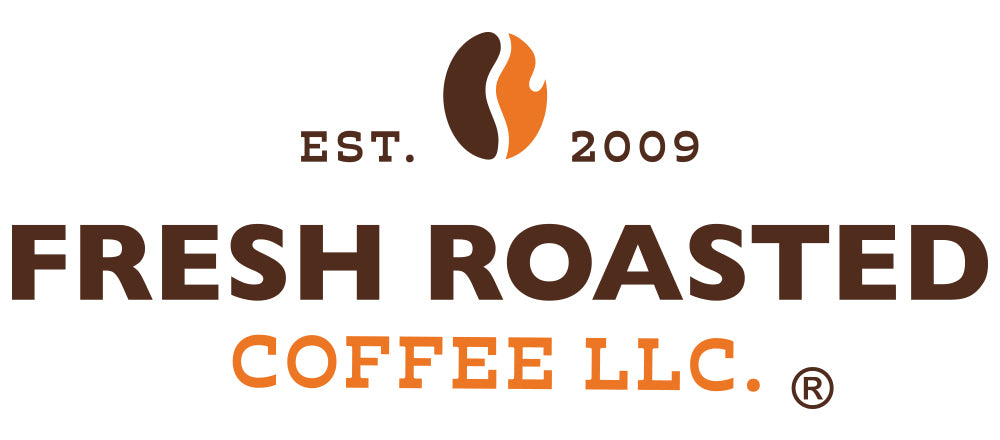Brewing Swiss Water Decaf Coffee

You might not want to hear this, but it's best you hear it from us first before you go on drinking bad coffee for another few decades. You've likely been making decaf coffee wrong your whole life. It may not be your fault, though! Coffee packaging and how-to videos largely only tell you how to brew caffeinated coffee, which kind of leaves you in the dark on how you should go about getting the most out of your decaf.
Interestingly, people paradoxically think of decaf differently, yet they don't treat decaf differently—i.e., you can't brew decaf the same way as caffeinated coffee. People look down on decaf because they're using the same brewing methods as full-caf and expecting the same result. And then they're let down when their coffee comes out weak. Why does this happen?
According to our friends at Swiss Water, because of the chemical-free caffeine extraction process, decaf coffee beans don't contain as much soluble matter as full-caf beans, so not as much flavor is extracted during the brewing process. The best way to remedy this is to slow down the brewing process, giving your coffee more time to extract all its goodness.
To do this, you should use a slightly finer grind or use a bit more coffee. In some cases, you may need to do both to get the taste you're looking for. Using either of these approaches or a combination of the two gives the water more to move through your coffee grounds and extract the rich flavors embedded in your beans.
Understand that the decaffeination process does more than just extract caffeine - it changes the structure of the coffee itself. And while all the flavors of its fully caffeinated counterparts are still there, we have to adjust our brewing method in order to bring those flavors to your cup. Just as you may tweak your grind and brew time depending on region or roast, tweaking these factors for decaffeinated coffee will give much better results.

4 Comments
Any tips for brewing Swiss Water Decaf with an Aeropress?
More brewing time and what about blooming time? Does temperature have any effect? Thanks!
So what are your recommendations for your half-caff coffees?
That’s why it does not brew right in a perculator
Leave a comment